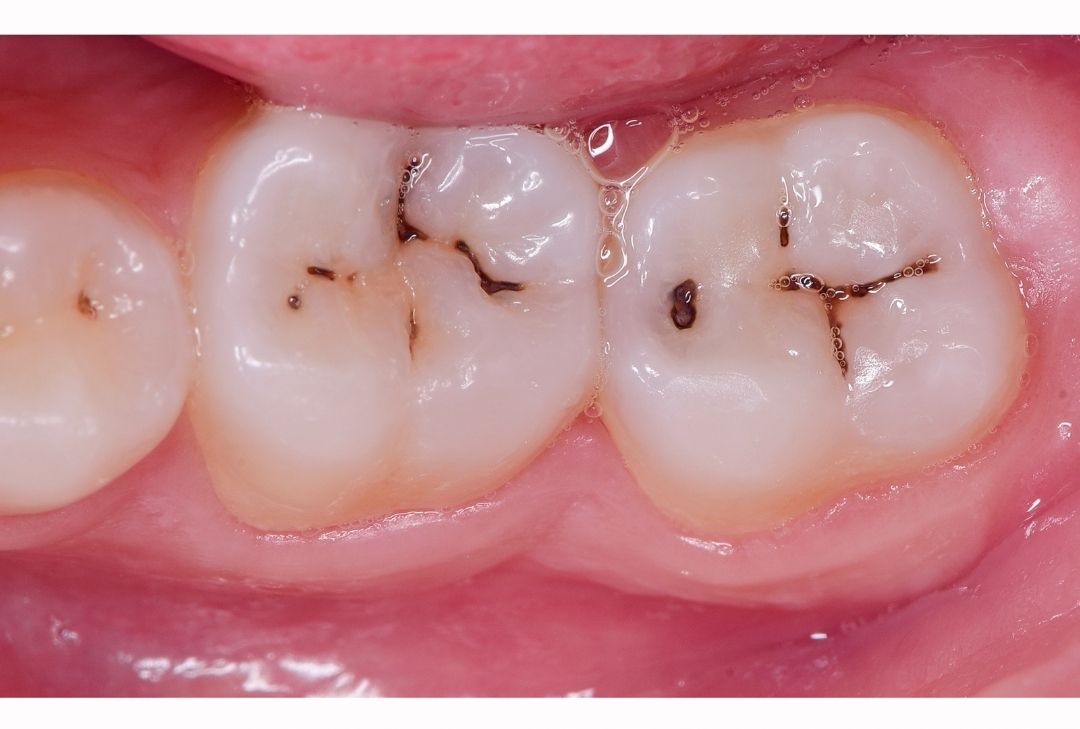If you’re experiencing persistent tooth pain, discomfort when chewing, or notice swelling around your gums, it might be a sign that you need more than just a routine dental check-up. Oral health issues can sometimes require more extensive dental treatments or even dental surgeries to restore your smile and prevent further complications. Whether it’s a wisdom tooth extraction, dealing with gum disease, or correcting jaw alignment, knowing the types of dental work involved can help you make informed decisions. In this guide, we’ll explore 5 reasons you might need oral surgery and the procedures that could help improve both your health and quality of life. If you’ve been searching for information on dental procedures, you’re in the right place. Let’s dive in!
5 Common Reasons and Procedures That Can Help
1. Wisdom Tooth Removal
Wisdom teeth, also known as third molars, are the last set of teeth to emerge, typically between the ages of 17 and 25. Often, there is not enough space in the mouth for these teeth to grow properly, which can lead to impaction, infection, or misalignment of surrounding teeth. Wisdom tooth extraction is a common surgical procedure to remove these problematic teeth, relieving pain and preventing future dental issues.
Why You Might Need Wisdom Tooth Removal:
- Impaction (when the tooth doesn’t emerge fully)
- Infection or gum disease around the tooth
- Crowding of neighboring teeth
- Pain or discomfort when chewing
2. Dental Implants for Missing Teeth
Losing a tooth can be a significant blow to both your self-esteem and your oral function. Dental implants are a popular and effective solution for replacing missing teeth. This procedure involves surgically placing a titanium post into the jawbone to support a replacement tooth, restoring both function and appearance.
Why Dental Implants Might Be Needed:
- Loss of a tooth due to decay, injury, or disease
- Wanting a long-term, stable alternative to dentures
- To prevent bone loss in the jaw after tooth loss
- Need to improve speech or chewing function
3. Correcting Jaw Alignment with Orthognathic Surgery
When the upper and lower jaws are misaligned, it can lead to difficulties with chewing, speaking, or breathing. In more severe cases, this misalignment can cause pain, headaches, and even sleep apnea. Jaw surgery, or orthognathic surgery, is used to reposition the jaw and realign the bite, improving both function and facial appearance.
When Jaw Surgery May Be Necessary:
- Difficulty chewing or biting properly
- Chronic jaw pain or discomfort
- Speech issues, such as a lisp or difficulty pronouncing words
- An overbite, underbite, or crossbite that cannot be corrected with braces alone
4. Treatment of Gum Disease (Periodontal Surgery)
Gum disease, especially in its advanced stages, can cause severe damage to the gums, teeth, and bone structures supporting the teeth. If gum disease cannot be managed with non-surgical treatments such as scaling and root planing, more invasive surgical options may be necessary. Periodontal surgery can help restore gum tissue, reduce pockets of infection, and preserve teeth.
Signs You Might Need Periodontal Surgery:
- Persistent bad breath or bad taste in the mouth
- Gum recession or bleeding gums
- Loose teeth or teeth shifting
- Severe gum infections or abscesses
5. Removal of Cysts, Tumors, or Abnormal Growths
In some cases, you may develop cysts or tumors within the mouth, jaw, or surrounding tissues. While many of these growths are non-cancerous, they can still lead to complications, such as pain, swelling, or difficulty moving the jaw. Oral surgeons are trained to remove these growths, and in some cases, reconstruct the area to restore normal function and appearance.
When Cyst or Tumor Removal May Be Necessary:
- Persistent swelling or lumps in the mouth or jaw
- Pain or discomfort that doesn’t resolve
- Difficulty swallowing or speaking
- Unexplained bleeding or ulcers that do not heal
How Oral Surgery Can Improve Your Quality of Life
Although oral surgery may seem intimidating, it often provides immediate and long-lasting benefits that can significantly improve your overall health and quality of life. Whether it’s alleviating chronic pain, restoring lost function, or improving your smile, oral surgery offers solutions to many common dental problems. After the necessary healing period, most patients find that their oral health is dramatically improved, and they can enjoy a more comfortable and confident lifestyle.
Next Steps: How to Determine if You Need Oral Surgery
If you’re experiencing any of the symptoms listed above or have been advised by your dentist that you may need surgery, the next step is to schedule a consultation with an oral surgeon. The surgeon will evaluate your condition, review any X-rays or scans, and discuss the most appropriate treatment plan for you.
Remember, oral surgery is a safe and effective way to address complex dental issues. With the help of an experienced professional, you can restore your oral health and achieve the smile you’ve always wanted.
If you’re considering oral surgery and need guidance, don’t hesitate to reach out to our expert team at Albania Dental Agency. We are committed to providing comprehensive care and helping you make informed decisions about your dental health.




















